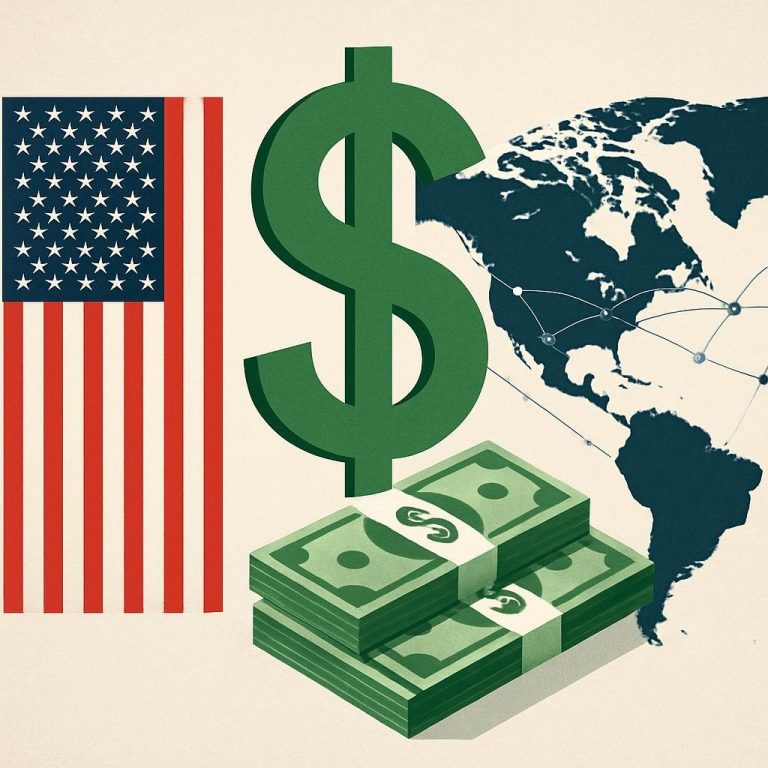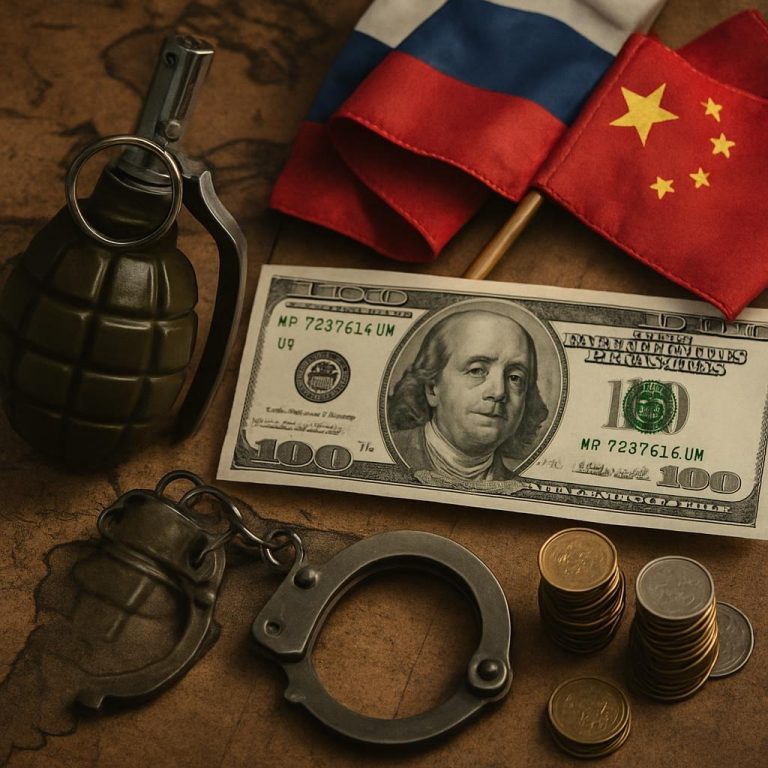
Tariffs increase consumer prices, strain diplomatic relations, and offer only short-term protection for U.S. industries. While they can be used as leverage in trade negotiations or to protect national security, their long-term sustainability and alignment with free-market principles remain highly contested.
🇺🇸 Economic Impact
- Tariffs raise prices for U.S. consumers. Importers pass on 35–100% of tariff costs to consumers, especially for goods like electronics, furniture, and vehicles.
➤ St. Louis Fed Federal Reserve Bank of St. Louis - Tariffs offer limited long-term protection for U.S. manufacturing jobs. While they may stabilize some sectors short-term, they often lead to job losses due to higher input costs and outsourcing.
➤ AEI Report American Enterprise Institute – AEI - Tariffs contribute to inflation. They increase production and consumer costs, especially for investment goods, with price hikes of up to 9.5% in some sectors.
➤ San Francisco Fed San Francisco Fed - Tariffs reduce U.S. export competitiveness. Higher input costs and retaliatory tariffs make U.S. goods less attractive globally.
➤ CEPR CEPR - Tariffs more often raise costs than boost domestic production. Unless domestic alternatives are cheaper, tariffs simply increase prices without shifting production.
➤ RSM The Real Economy Blog - Small businesses are hit hardest. Many face rising costs, canceled orders, and reduced hiring capacity.
➤ U.S. Chamber of Commerce U.S. Chamber of Commerce - Retaliatory tariffs shrink U.S. exports and hurt key sectors. Agriculture and manufacturing suffer most, with long-term trade relationships disrupted.
➤ CEPR CEPR - Tariffs disrupt supply chains. Companies face uncertainty, rising costs, and are forced to reconfigure sourcing strategies.
➤ Wharton Knowledge at Wharton
🏛️ Political and Strategic Considerations
- Tariffs can be a negotiation tool—but with risks. They may extract concessions but often provoke retaliation.
➤ Oxford Economics Oxford Economics - Tariffs strain diplomatic ties. Allies like the EU, Canada, and Japan have criticized U.S. tariffs, weakening trust.
➤ CFR Council on Foreign Relations - Tariffs are increasingly used to pressure on human rights and environmental issues. The U.S. has imposed tariffs on countries doing business with authoritarian regimes.
➤ Illuminem illuminem.com - Tariffs play a growing role in national security. They protect critical industries like steel and semiconductors.
➤ Schulz Trade Law schulztradelaw.com - Republicans increasingly support tariffs; Democrats are divided. Labor-aligned Democrats support selective tariffs, while others oppose them as inflationary.
➤ Politico POLITICO
👥 Social and Regional Effects
- Midwestern and Rust Belt states benefit most. States with steel, auto, and aluminum industries see short-term gains.
➤ Gateway CFS Gateway Commercial Finance - Farmers face export losses. Agricultural exports dropped 15% in 2025 due to retaliatory tariffs.
➤ Farmonaut Farmonaut - Low-income households are hit hardest. Tariffs raise prices on essentials, disproportionately affecting the poor.
➤ Georgetown Law Georgetown Law - Consumers reduce spending and shift habits. Many delay purchases or switch to cheaper alternatives.
➤ Simon-Kucher simon-kucher.com
📈 Historical and Global Context
- Smoot-Hawley worsened the Great Depression. It triggered global retaliation and a 66% drop in U.S. exports.
➤ Strong & Herd Strong and Herd LLP - U.S. tariffs are now among the highest globally. Some countries face rates up to 50%, far above OECD averages.
➤ Global Statistics The Global Statistics - Tariffs have historically led to trade wars. Outcomes include economic contraction, inflation, and global instability.
➤ Economic Times The Economic Times
🧠 Philosophical and Long-Term Questions
- Economic nationalism via tariffs is unsustainable. It isolates economies and stifles global cooperation.
➤ FasterCapital FasterCapital - Tariffs often stifle innovation. They reduce market size and competition, discouraging R&D.
➤ PIIE Peterson Institute for International Economics - Tariffs contradict free-market principles. They distort prices and reduce economic efficiency.
➤ Richmond Fed Federal Reserve Bank of Richmond - Long-term competitiveness should be prioritized. Protectionism may delay necessary innovation and adaptation.
➤ ITIF Information Technology and Innovation Foundation - Alternatives include tax reform, R&D investment, and trade adjustment assistance. These tools support competitiveness without distorting markets.
➤ Tax Foundation Tax Foundation
🎥 Recommended Documentaries
| Title | Focus | Link |
|---|---|---|
| Death by China | U.S.–China trade tensions | Watch on YouTube |
| American Factory | Post-industrial labor and globalization | Netflix |
| The Trade Trap | Global trade and inequality | DW Documentary |
| Commanding Heights | Global economic policy history | PBS |
| The Price of Free | Global supply chains and child labor | YouTube |
Keywords: tariffs, U.S. trade policy, inflation, manufacturing jobs, supply chains, trade wars, economic nationalism, free market, consumer prices, small business, agriculture, diplomacy, innovation, protectionism, global competitiveness.




